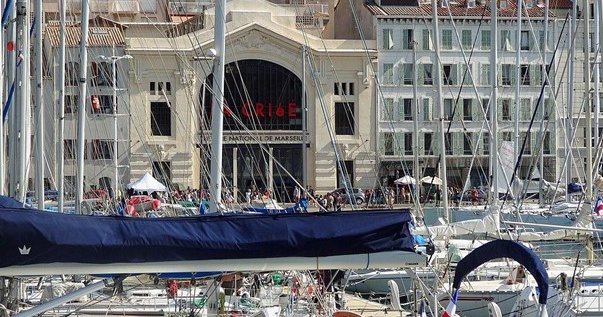
Yet hadn’t he told us on the first day of March that we should “hold on” as “in four to six weeks” the country would be opening up? That had been the tenth time since the start of the epidemic that he, or one of his ministers, had offered the lie that the end of the tunnel was just a few weeks away. His 31 March lockdown announcement contained the 11th: France would have to “live with the virus, it’s like that” but the controls he was applying to the whole of the country would be relaxed as from mid-May, a mere six weeks away.
He rubbed salt into the public’s wounds by talking of “collective choices we have made” when in fact they are taken by him in the enclave of a ‘Health Security Council’ whose deliberations are covered by military defence secrecy rules. No wonder opposition deputies and senators of Left and Right walked out when his prime minister Jean Castex turned up to get a parliamentary rubber stamp on decisions Macron had already taken.
Collusion with the virus
If one knows that a danger is looming but one does nothing about it, at what point does knowledge and involvement make the move from complacency to connivance and, ultimately, to collusion with the forces ensuring that a threat becomes a dominating, fatal reality? That question has been posed twice before the French public this past month.
The French drug company Servier was finally convicted after a two-year long trial for selling its diabetes drug Mediator despite accumulating evidence of its potentially fatal side effects. At least 500 died, some suggest 2,000. In the words of the judgement, “Despite knowing of the risks, they never took the necessary measures and so were guilty of deceit”.
In that instance, direct responsibility cannot be laid at a French president’s door. In the case of the 1994 genocide in Rwanda, it can, that of socialist president François Mitterrand. A commission of historians established two years ago by Macron reported that it could find no document in the archives it was able to see, that proved a “willingness to be associated in the genocidal enterprise” of the regime Mitterrand had been financing, arming, training, all but cuddling, amid escalating racist violence (“tribal conflict” in the vocabulary of Mitterrand, “ethnic purification” for his generals).
On page 455 of the report you can read an extract from a note by the French intelligence service, the DGSE, dated 22 June 1994, as the killing frenzy was at its worst: “There is a great danger that France will see itself accused, at the best, of not having fulfilled the mission it was entrusted with and, at worst, of being seen as complicit with the present Rwandan government” – that is, with those responsible for the slaughter.
What is the point of intelligence services if their on-the-spot analysis is ignored? Or of epidemiologists if their scientific understanding is cast into the coffin along with the bodies of those whose lives a president’s arrogance complicity with the virus has allowed the epidemic to consume? The sentiment of that 1994 note is present today in the hospitals Macron has systematically underfunded.
By chance, his new measures “to slow the virus” came into full force on 6 April, the exact fifth anniversary of the day he launched his movement En Marche! while still a minister under President François Hollande. It was when he told us that having a stab at being president was “not a priority” for him. But then, for Macron, life is always play in which others are the actors as he gets to rewrite the script according to his needs of the moment.
No wonder HK’s anthem has been heard in town after town with its refrain: “When, on the evening screen, The grand king is seen, There to pronounce our sentence, We will reply with irreverence, Though always with elegance.” Aux arts mes citoyen-ne-s!